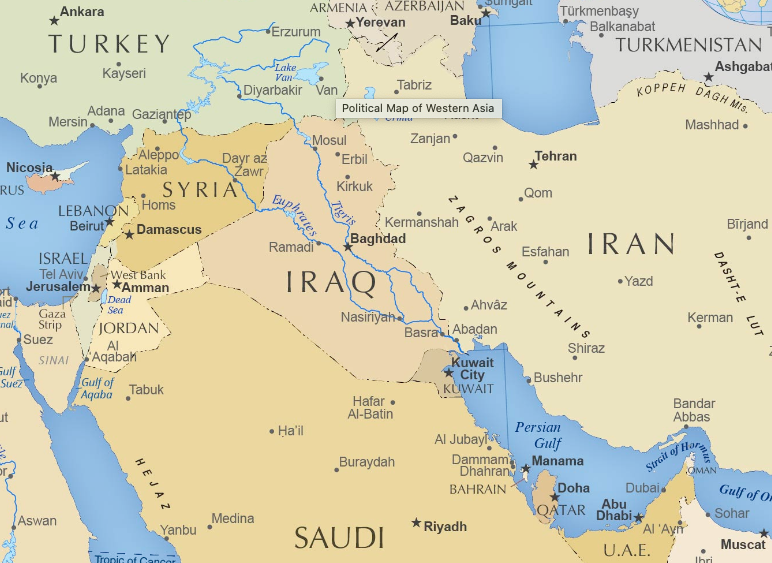The following is drawn from the June 18th edition of “Steve Sheffey’s Pro-Israel Political Update“:
Michael Koplow wrote last week that “two things can be true at the same time: it is offensive to say that Jews cannot or should not live in the historical and biblical Land of Israel, and the settlements that Israel builds deep inside the historical and biblical Land of Israel are an obstacle to peace. It is not a question of rights, but a question of consequences and outcomes. The only way to counter the reality of one state is to make two states the thrust of U.S. policy and judge outcomes by that metric above all else.”
What I said on March 18 remains true: “a two-state solution is not politically possible now. Israel’s current government doesn’t want it and . . . the Palestinian Authority is too weak. But Israel needs a two-state solution for its own sake, let alone to realize the aspirations of the Palestinians, which is why those of us who support Israel should oppose steps by Israel’s government that make a two-state solution less likely.
“Some argue that it doesn’t matter what Israel does because the Palestinians want not an end to the occupation of the West Bank but an end to Israel itself. Some probably do, just as some Israelis want a Jewish state from the river to the sea. The reality is that millions of Palestinians aren’t going anywhere. Millions of Jews aren’t going anywhere. Palestinians see the rebirth of Israel as a catastrophe, a nakba that conflicted with their national aspirations and led to displacement and worse. Jews see the rebirth of Israel as a modern miracle that realized 2,000 years of national aspirations and provided a needed safe haven from centuries of antisemitic persecution.
“Neither side has to give up its narrative or accept the other side’s narrative, but both sides must realize that the only path forward, a two-state solution, requires both sides to give up sovereignty over land that they believe should be theirs and both sides to accept that previous sins of the other side may never be fully redressed. And everyone who cares about Israel has a duty to speak up, whether for or against the policies of whatever government is in power.”
Progress on Iran?
Trump walked away from the Iran deal May 8, 2018, while Iran was still in compliance. Then his “maximum pressure” strategy failed, his efforts at the UN to continue the arms embargo against Iran failed, and his efforts at the UN to snapback sanctions against Iran failed.
Trump accomplished nothing, and now Iran is far closer to nuclear weapons than when Trump left the deal. On the non-nuclear front, Trump’s ramped-up sanctions did not stop Iran’s other nefarious activities. Trump’s stupidity endangered both the U.S. and Israel.
The New York Times reports that “the Biden administration has been negotiating quietly with Iran to limit Tehran’s nuclear program and free imprisoned Americans” via an informal agreement that would address–but not solve–the main issues of contention, leaving the U.S. and Israel in a better position.
Prospects for returning to the Iran Deal are dim. But Kelsey Davenport reports on an opening for de-escalation and writes that “limited measures to enhance transparency will not solve the Iranian nuclear crisis in the long term, but de-escalation now decreases the risk of conflict and creates time and space for diplomacy to work.” If we don’t take advantage of this diplomatic window, writes Joel Rubin, we will likely face “an Iranian nuclear program that is much more advanced and much more dangerous.”
Congress has an important role to play: not to screw this up by passing legislation that would make diplomacy more difficult. . . .
Click here for the entirety of this issue of the newsletter.
Steven Sheffey